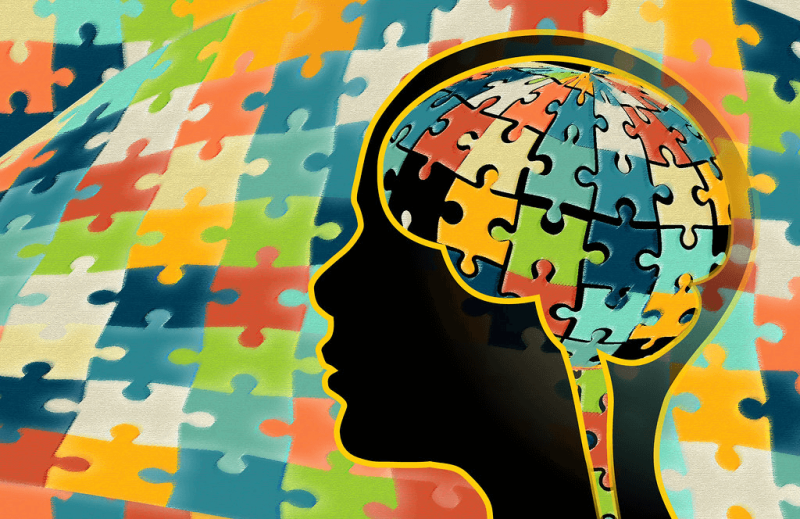[C]linicians and scientists have proposed a variety of theories to explain why kids with ASD tend to be less socially communicative than their [typical development] peers. One popular theory, the social motivation hypothesis, suggests that kids with ASD aren’t intrinsically motivated to interact with other people because they aren’t neurologically “rewarded” by social interactions.
…
A second theory, sensory over-responsivity — also known as the overly intense world hypothesis — posits that because kids with ASD interpret sensory cues more intensely than their TD peers, those with ASD tend to shy away from interactions they perceive as overwhelming.
…
[Researcher Katharine] Stavropoulos and UC San Diego’s Leslie Carver, her research colleague and former graduate advisor, used electrophysiology to study the neural activity of 43 children between the ages of 7 and 10 — 23 of whom were TD and 20 of whom had ASD — during a guessing game-style simulation that provided participants with both social and nonsocial rewards. Their results, published this week in the journal Molecular Autism, provide a glimpse at the brain mechanisms behind autism.…
[K]ids with more severe ASD also showed heightened responsiveness to positive social feedback, which Stavropoulos said may indicate hyperactivity, or the state of being overwhelmed by “correct” social feedback that is commonly associated with sensory over-responsivity.Stavropoulos said the duo’s results provide support for both the social motivation hypothesis and the overly intense world hypothesis.
Read full, original post: What Makes Kids With Autism Less Social Than Their Typically Developing Peers?































